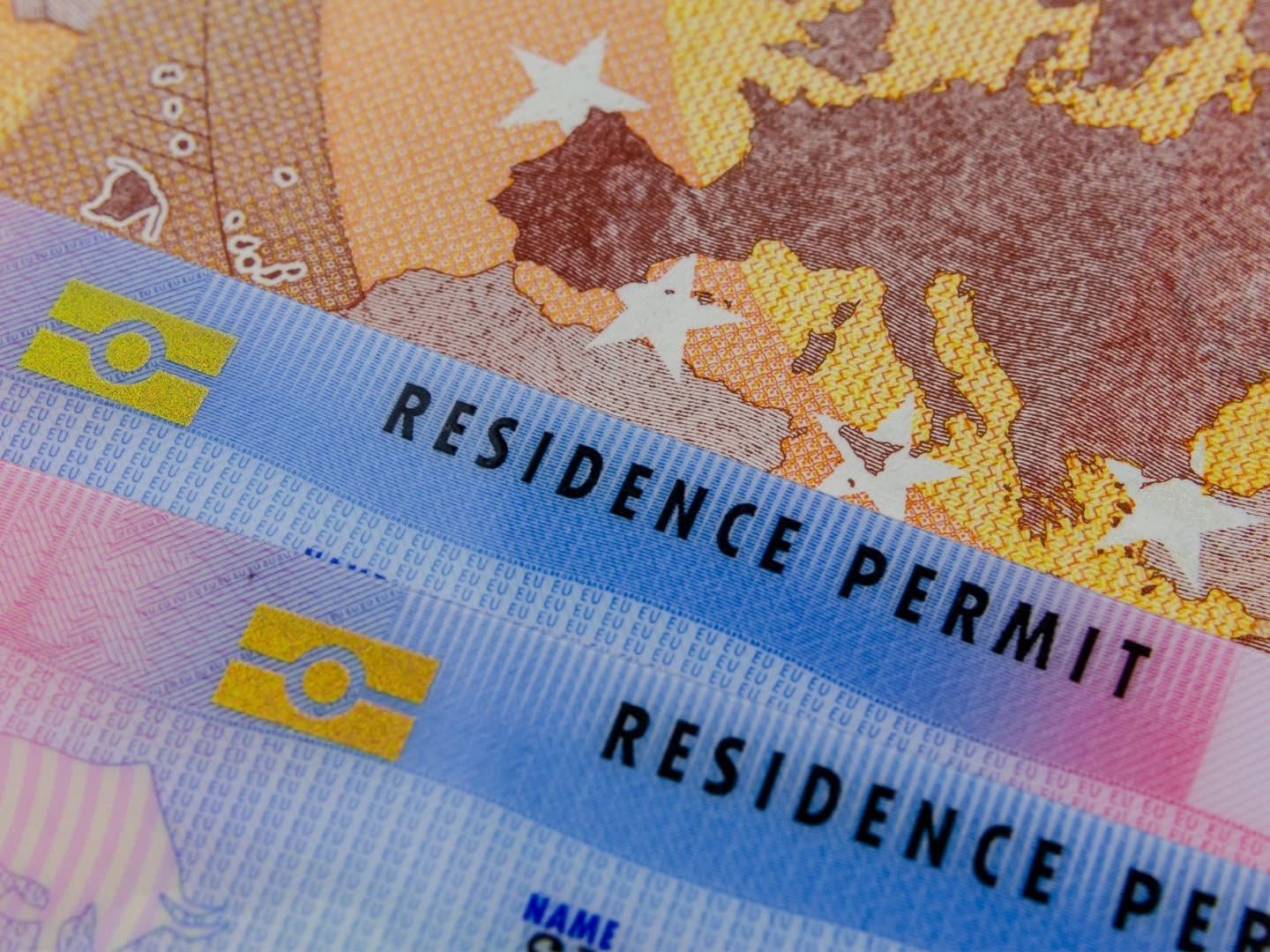How to get an internship in Belgium as an international student
Find out how to get an internship in Belgium and how to make the most of it.
Angelina
An internship in Belgium is a great way to gain hands-on experience in a stimulating environment. But whether an internship is part of your study or a bridge toward your career, you’ve to make sure you’ve got a good plan in place to make the most of your experience.
In this guide you’ll learn about:
- types of internships in Belgium for international students
- Belgian work permit for internships
- salary expectations
- where to look and how to apply
- top Belgian cities for internships for English speakers

What are the types of internships in Belgium?
There’re 2 types of internships that students can do in Belgium: Study or Graduate internships.
Study internships
During your studies in Belgium, you can gain invaluable work experience through:
a compulsory study internship as part of your degree programme an optional internship as part of your degree programme a free (voluntary) internship, which is not part of your degree programme
Whether your internship’s part of your study programme or it’s a voluntary internship to add value to your CV, finding the right position requires good advance preparation.
It must match the field of your studies and in your project proposal, you must be able to show how it contributes to your personal development and goals.
Once your project proposal is ready, the content of your internship has to be approved by both your educational institution and the internship company. If the internship is part of your studies, you’ll get study credits upon successful completion of your job placement.
Graduate traineeship
As a recent graduate, a great way to enter the job market directly is by undertaking a traineeship at a company where you’d like to work. Traineeship programs are aimed at providing the necessary initial work experience and training fresh graduates for a specific role within a specific company.
Unlike study internships, they usually offer better compensation packages and remuneration.
If you’ve just graduated from a Belgian university, the easiest way to get work authorization to do a traineeship is by applying for a ‘search year’ visa. But make sure that your company can sponsor your visa once your ‘search year’ ends.
Duration of internships in Belgium
Study internships in Belgium usually last between 2 and 12 months. However, there’s no minimum or maximum requirement for an internship and the duration is determined based on your learning objectives and the requirements of your study programme. You can do your internship during the academic year but summer internships in Belgium are popular as well.
Do I need a work permit to do an internship in Belgium?

If you’re a national of an EEA country, you don’t need a work permit to do an internship in Belgium.
You also don’t require a work permit if you’re a non-EEA national currently studying in Belgium on a student visa. In that case, you can perform your job placement for any Belgian company freely, as long as it’s part of your study program.
In most other cases, you’ll need a work or single permit, which your employer will arrange for you. However, there’re certain exceptions__ which differ per region:
Internships in Brussels: You don’t require a work permit if you’re a non-EEA citizen planning to do an internship of fewer than 90 days at a Belgian public authority or organisation governed by an international treaty (e.g. NATO). But you still have to apply for a long-term visa to enter Belgium.
Internships in Flanders: You won’t require a work permit only if you’re seconded or posted to Belgium for a training course in a company within the multinational group that you already work for.
Internship at a private company
You can get a work permit to perform an internship at a private company in Belgium only if the following requirements are met:
- you’re under 30 years old
- the internship is a continuation of your education
- you won’t perform any other work in Belgium during the period of the internship
- it's a full-time internship
- you have a detailed internship agreement that states the number of hours and wage you’ll receive
How much are interns paid in Belgium?
Belgian companies aren’t allowed to pay interns younger than 21 who’re enrolled in a study programme. Student internships in Belgium are therefore always unpaid. However, you might receive a certain allowance to cover your travel expenses, lunch, etc.
But if you’re older than 21, you must do a paid internship in Belgium and earn at least the minimum wage of €751 per month.
Where to look for an internship in Belgium?

Some of the most common ways to look for an internship in Belgium are:
- University career centres are a great place to find an internship in line with your studies and get help throughout the process.
- Companies’ career pages if you know where you’d like to work. If they don’t have a suitable position, you can always shoot them a convincing email!
- Job boards such as LinkedIn, Indeed, Glassdoor and Startup Jobs.
- Your university's alumni network where you can gain information and valuable contacts.
- Internship websites like Erasmus Intern and Aiesec.
How to apply for an internship in Belgium
- Upgrade your LinkedIn profile.
- Think about what kind of internship’s the most relevant to your interests, values, talents, skills and career ambitions.
- Do your research.
- Contact the organisation(s) and apply for an internship(s) with a tailored and eye-catching CV and cover letter.
- Prepare for your job interview.
- Develop a project proposal with help of your internship supervisor.
- Get your internship proposal approved by both company and the university.
- The internship agreement is signed by all parties.
Before you begin your internship

If you’re moving to Belgium from a non-EEA country, make sure your company starts arranging your visa and work permit as soon as you sign the contract. Regardless of whether you're searching for student housing options in Brussels, Antwerp or Ghent, make sure you're doing it in advance of your move and through a trusted platform (e.g. Housing Anywhere).
Once you arrive in Belgium, make sure you register in the town hall and get your residence permit and Belgian national number on time.
If you're doing a paid traineeship in Belgium, it’s a good idea to open a Belgian bank account to receive your salary hassle-free.
Do I need to know French or Dutch to intern in Belgium?
Not necessarily. You can find internships for English speakers in Belgium too, mostly in larger multinational companies. However, knowledge of Dutch or French or any other language would be an advantage in your application.
It’s also generally a good idea to start learning the language of the Belgian region you’re going to live in. Even though English proficiency in Belgium is pretty high, being able to converse in the local language will help you feel more integrated.
Top cities in Belgium for internships for English speakers
If you haven’t chosen your destination yet, it’s a good idea to narrow down your search and find the best Belgian city for your needs.
Brussels is a no-brainer. The EU capital boasts the best opportunities for Engish speakers in Belgium, especially in politics, business, IT, electronics, chemicals, printing, publishing, clothing, telecommunications, aircraft construction, and the food industry. You can find an internship in Brussels at heavyweights like Google, Microsoft, McKinsey, Accenture, and Bayer or a prestigious Blue Book traineeship at the European Comission.
Antwerp is a hotspot for all things creative. From notable fashion houses like Dries Van Noten to marketing agencies like Wunderman Thompson, you’ll find various exciting opportunities to pursue. Antwerp is also known for its diamond trade, logistics sector and its well-developed oil and chemical cluster. Here, you’ll also find the Belgian headquarters of electronics giant Nokia.
This article is for informational purposes only.
Please reach out to content @housinganywhere.com if you have any suggestions or questions about the content on this page. For legal advice or help with specific situations, we recommend you contact the appropriate authorities.
Related articles
In this article
What are the types of internships in Belgium?
Duration of internships in Belgium
Do I need a work permit to do an internship in Belgium?
How much are interns paid in Belgium?
Where to look for an internship in Belgium?
How to apply for an internship in Belgium
Before you begin your internship
Do I need to know French or Dutch to intern in Belgium?
Top cities in Belgium for internships for English speakers
Moving to Belgium?
Find accommodation in cities across Belgium. Book the place of your dreams from verified landlords even before relocating!
Start my Search

